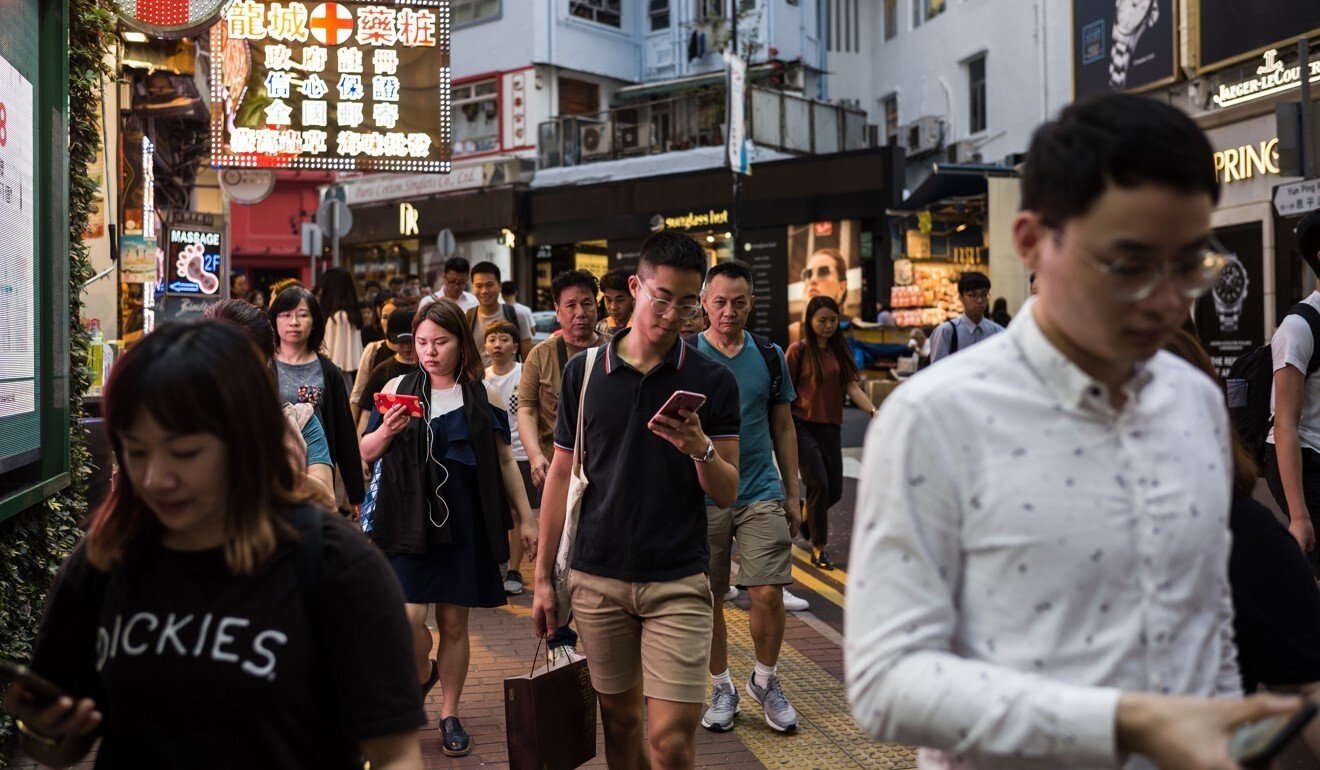WhatsApp has informed its more than 2 billion users that they will need to agree to a new policy allowing it to share data with its parent company, Facebook.
Hong Kong’s privacy watchdog on Monday urged WhatsApp to delay a February 8 deadline for users to agree to controversial new terms – namely having their personal data shared with its parent company Facebook – or face being blocked from key features on the messaging service.
Defending its privacy policy, WhatsApp has insisted “no additional data” other than what it already collects will be shared with Facebook under the change. But many of the city’s users have nonetheless switched, or are considering switching, to other alternatives such as Telegram and Signal.
More than 2 billion WhatsApp users received a notification last week stating that information on the messaging platform would be shared with Facebook under its new terms and policy, while businesses would be able to use Facebook services to store WhatsApp data.
A WhatsApp spokeswoman told the Post that if users refused to agree to the updates by the deadline, they could still receive calls and see message notifications, but would not be able to use basic functions such as sending messages, photos and videos, or making calls.

“As part of the Facebook companies, WhatsApp receives information from, and shares information with, the other Facebook companies,” the new privacy policy states.
“We may use the information we receive from them, and they may use the information we share with them, to help operate, provide, improve, understand, customise, support, and market our services and their offerings.”
Since the announcement, some prominent figures, including Tesla CEO Elon Musk, have said they would change over to other encrypted messaging services such as Signal, while many Hongkongers have taken to social media to say they too were considering abandoning WhatsApp.
“Many more people are highly concerned about data privacy these days. More questions have also been raised over any new changes to relevant policies,” said Francis Fong Po-kiu, honorary president of the Hong Kong Information Technology Federation.
On Monday, the Office of the Privacy Commissioner for Personal Data also weighed in, saying it too was “concerned” about WhatsApp data being shared with Facebook, and warning users to be aware and take note of the details of the policy change.
It also urged WhatsApp to extend the deadline to allow ample time for users to consider the changes, and to “provide practical alternatives” for those who did not agree to the new terms so they could still continue to use the service.
“The new [rules] of the messaging app involve the sharing of various types of personal data with another online social platform. I remind users to deliberate carefully and clearly understand the details before they give consent,” commissioner Ada Chung Lai-ling said in a statement.
But Sravanthi Dev, WhatsApp’s director of communications for the Asia-Pacific region, said there had been “inaccurate information going around” about the changes. She stressed that the encryption protection provided by WhatsApp would remain, meaning neither Facebook nor WhatsApp would have any access to the actual content of messages.
“WhatsApp is not sharing any additional data with Facebook under this privacy policy. WhatsApp collects very minimal data to begin with, for example, we know [a user’s] name, profile picture, your device and IP address,” she said on Monday.
Asked whether WhatsApp had noticed many users in Hong Kong deleting the app or switching to other platforms following the announcement, Dev said it was difficult to tell as it was still “early days”.

She added that despite the new features allowing some businesses to store communications with WhatsApp users on Facebook’s secured server, “it does not mean people’s information will be shared with Facebook or we are changing our privacy practices”.
She also said individuals would still have a choice not to engage in conversations with entities that took advantage of the option.
Fong, of the Hong Kong Information Technology Federation, said users should pay attention to how businesses would store and use the data from WhatsApp.
“Would there be any chance that [businesses] can get information about users’ personal identifier under the changes? I hope that would not be the case,” he said.
Fong also predicted that not too many local users would actually flee WhatsApp, noting that neither Telegram nor Signal could match its popularity in Hong Kong.















